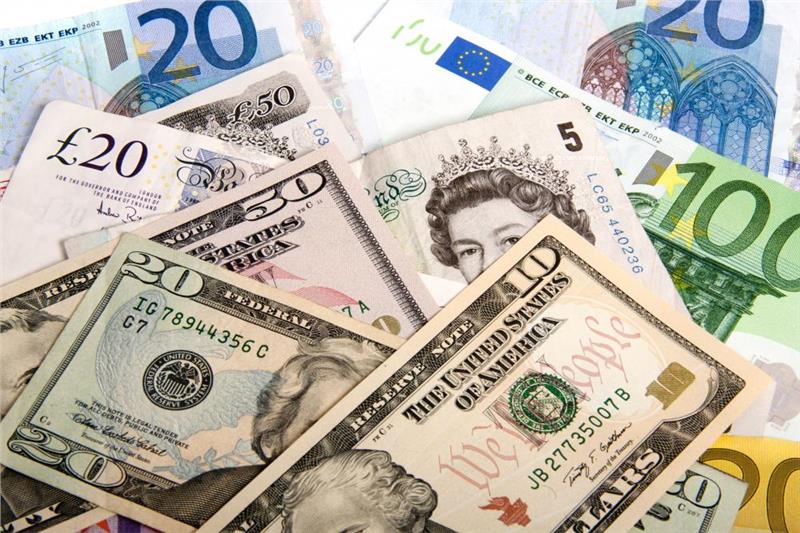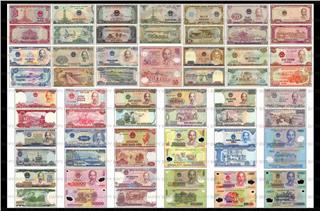Up-to-date banking systems, widely available ATMs, and perfect services, currency exchange in Vietnam gradually becomes a reliable address for foreign travelers.
It is a common knowledge that Vietnam economy is increasingly developed. The exports and imports are being strengthened significantly. Thus, methods of payment become various and more flexible. Simultaneously, owning to the integration of Vietnam in global organizations and associations, tourism in Vietnam is boosted, leading to high demand of tourist currency exchange when coming to Vietnam. Currently, the official unit of currency in Vietnam is the “Dong”, which you will see abbreviated as “đ”, “d” or “VND” after an amount. Notes come in denominations of 500 VND, 1,000 VND, 2,000VND, 5,000 VND, 10,000 VND, 20,000 VND, 50,000 VND, 100,000 VND, 200,000 VND and 500,000 VND, coins in 200 VND, 500 VND, 1,000 VND, 2,000 VND and 5,000 VND; yet coins are rarely seen recently). Along with the “Dong”, the US dollar has been used in parallel and unofficial exchange in Vietnam currency system, and it is actually a wise idea to carry some dollars as a backup to pay large bills.
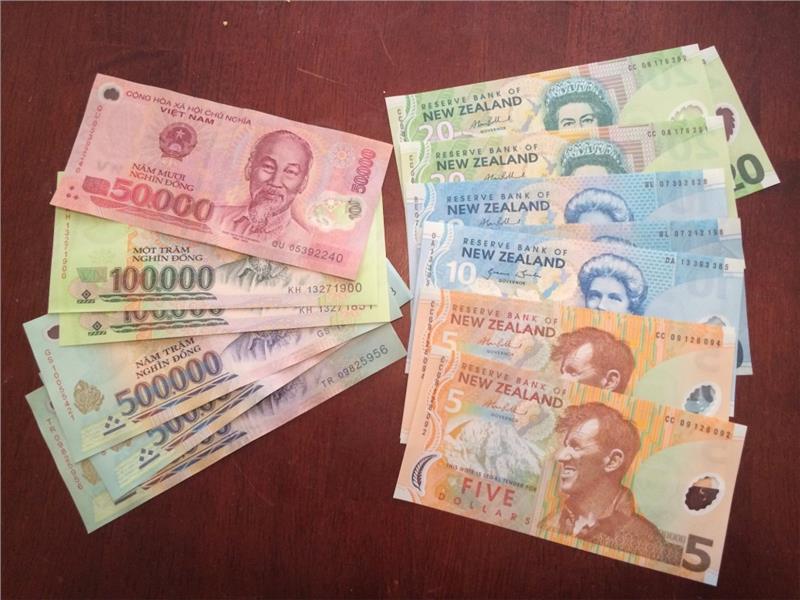
At the time of writing, the rate of currency exchange in Vietnam was around 35,858 VND to £1; 21,235 VND to 1 USD; 29,099 VND to 1 Euro; 19,521 VND to 1 CAD, 19,934 VND to 1 AUD; and 18,156 VND to 1 NZD (According to data from VietinBank). Recently the country has been plagued by high inflation rates, so these exchange rates are liable to fluctuate. The US Dollar is the most favored foreign currency in Vietnam. Besides, Australian, Singaporean, British, Japanese, and Thai currencies, as well as the Euro, can usually be changed in larger towns and cities; great difficulty may be encountered in trying to exchange any other currencies apart from the above. Especially, there is a commission charge for changing money in banks. However, Vietnamese Dong is not available outside Vietnam at present. Thus, take in some small-denomination US dollars to use until you reach a bank or an ATM. Foreign currencies are often exchanged into Vietnamese dong at almost banks and ATM in Vietnam, especially in big cities.
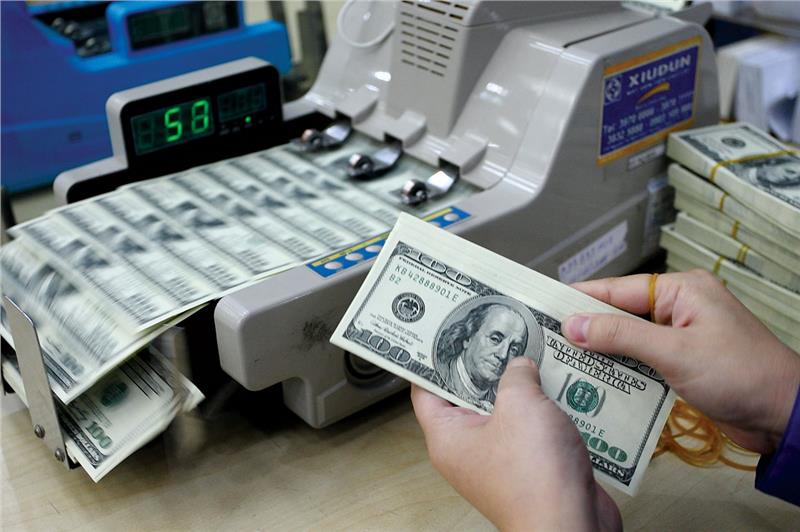
Most Vietnam currency exchange bureaus and banks do not charge for changing foreign currency into dong; banks in major cities will accept Euros and other major currencies, but elsewhere may only accept dollars. Yet, some tour agents and hotels will also change money, and most jewelry shops in Vietnam will exchange dollars at a slightly better rate than the banks. Wherever you change money, ask for a mix of denominations (in remote places, bigger bills can be hard to split). As a result, most travelers choose to withdraw money at an ATM once in Vietnam. ATMs become more and more prevalent in larger towns and cities, and generally accept credit cards and debit cards including Visa Card, MasterCard, American Express, Maestro and Cirrus systems. Among systems of banks in Vietnam, Vietcombank, VietinBank, ACB Bank, ANZ Bank, etc. have the best reputation regards accepting foreign bankcards. Yet, there exists an important note for travelers that Vietnamese banks are likely to charge you for the privilege of local ATM withdrawals, along with the standard charges from your own bank. In Vietnam, the single withdrawal limit varies, depending on the bank, ranging from 2,000,000 VND to much larger amounts. However, in Vietnam banks, the gap of Vietnam dong to USD or to other currencies is different from each other. The difference often fluctuates from 10 to 20 dong per USD when exchanged.
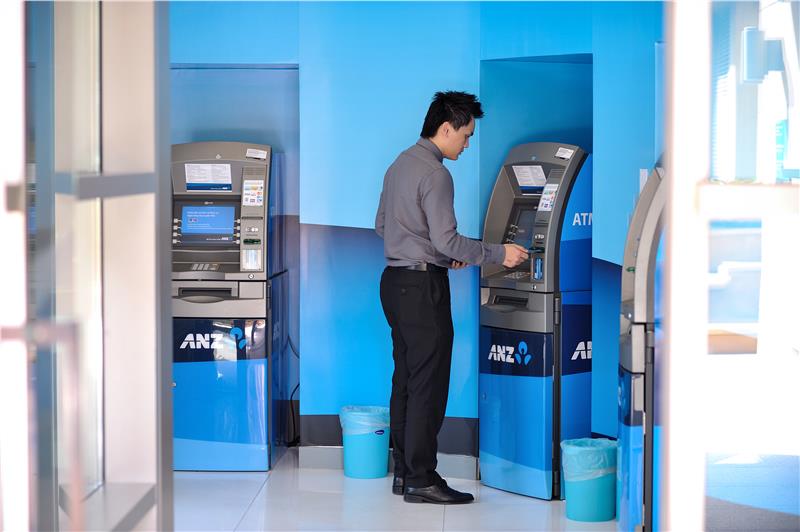
Along with domestic and international currency system, traveler cheques are still a viable form of foreign currency, although they expect to pay two or three per cent commission at the banks and hotels. Therefore, having a supply of Vietnamese Dong and dollars when travelling in the country is a good idea, as ATMs can be hard to come across in rural areas. In addition, travelers should pay attention to banking hours when travelling to Vietnam. Most banks in Vietnam work five days a week, eight hours a day. They usually open by about 8 o’clock, and carry on working until 4 p.m., with a lunch break (sometimes of about an hour) in the middle. Banks work until noon on Saturdays and are closed on Sundays. Moreover, present-day Vietnam currency converter system is very convenient. The free system will calculate the exchange rate between Vietnam currency and over 200 foreign ones. By dint of this system, foreigners will acknowledge the common rate between banks in Vietnam, and have right decision in choosing where to have their currency exchanged.
